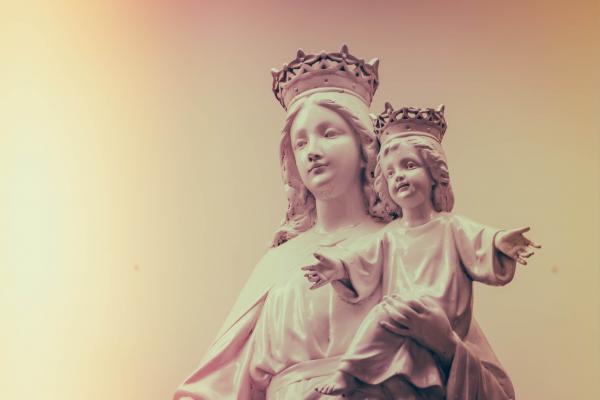Jun 20, 2017
By the time I learned to read, Juana’s eldest daughter Lesvi was suffering from a life-threatening illness in Guatemala. She returned to care for her daughter, risking her own safety to make the dangerous trek. When she returned to the U.S., she learned that not only would her asylum status be denied, but she would be ordered to leave the country. But she couldn’t. Her child needed medical care.
Read the Full Article

Already a subscriber? Login
